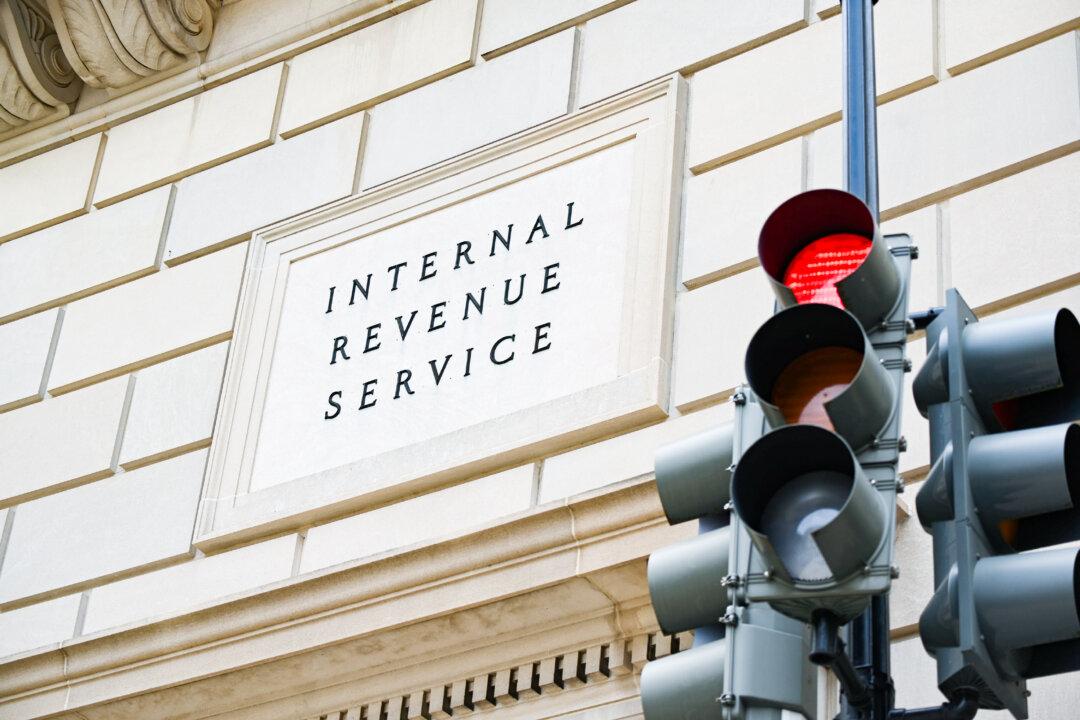The Internal Revenue Service (IRS) is paying $23 billion less in tax refunds for the 2023 filing season—with the average refund amount found to be lower by nearly $300.
The IRS has issued over 69 million refunds collectively worth $198.868 billion for the week ending April 7, 2023, according to the agency’s filing statistics. Compared to the $222.344 billion in refunds handed out in the 2022 season, the 2023 filing season’s refund is $23.476 billion smaller or about 10.6 percent lower.





